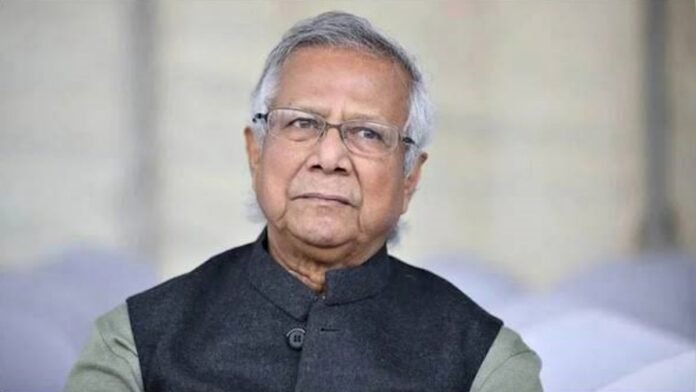
Key Points:
- Sheikh Hasina in Exile: Former Bangladeshi Prime Minister Sheikh Hasina has been living in India since August 2024, following a major political upheaval and student-led protests in Bangladesh.
- Arrest Warrant Issued: The International Crimes Tribunal (ICT) of Bangladesh has issued an arrest warrant against Hasina and several former officials for alleged crimes against humanity.
- Diplomatic Pressure on India: Bangladesh claims India’s refusal to extradite Sheikh Hasina violates the extradition treaty between the two countries.
- International Involvement: The interim government plans to involve the international community and has issued a ‘red alert’ for Hasina’s extradition.
- Extradition Treaty Controversy: The treaty allows refusal of extradition for politically motivated charges, a potential reason for India’s stance.
New Delhi: The interim government of Bangladesh has intensified its efforts to extradite ousted Prime Minister Sheikh Hasina, who has been residing in India since fleeing Bangladesh in August 2024. In a press briefing at the Secretariat in Dhaka, Asif Najrul, legal affairs advisor to the interim government, expressed concerns over India’s lack of cooperation, alleging a potential violation of the India-Bangladesh extradition treaty.
Backdrop: Sheikh Hasina’s Exile
Sheikh Hasina, leader of the Awami League (AL) and former Prime Minister, left Bangladesh on August 5, 2024, amidst violent protests and a massive student-led movement against her government. Her departure marked the collapse of the 16-year-old Awami League government, leaving the country in political turmoil.
Hasina sought refuge in India, citing threats to her life. However, the International Crimes Tribunal of Bangladesh (ICT) issued an arrest warrant against her and several members of her administration, accusing them of crimes against humanity and genocide.
Bangladesh’s Extradition Demand
In 2024, Bangladesh formally requested India to extradite Sheikh Hasina, submitting a diplomatic note to that effect. The interim government insists that India’s refusal constitutes a breach of the extradition treaty.
Asif Najrul stated, “We have officially communicated our demand to India. If they do not comply, it will be a clear violation of the treaty.” He further emphasized that the government would escalate the matter to the international community, with the Ministry of Foreign Affairs already issuing a ‘red alert’ for Hasina’s extradition.
The Extradition Treaty Explained
The India-Bangladesh extradition treaty includes provisions that complicate the process:
- Political Motivation: If a crime is deemed politically motivated, extradition can be denied.
- Sentencing Clause: The treaty mandates that extradition can only occur if the individual has been sentenced to at least four months or more.
India appears to be invoking these clauses to justify its stance, arguing that the charges against Sheikh Hasina may be politically motivated amidst the chaotic transition in Bangladesh.
International Efforts and Implications
Bangladesh’s interim government has indicated that it will seek international support if India continues to withhold cooperation. Legal advisor Asif Najrul remarked, “We are prepared to raise this issue globally. The red alert underscores our commitment to bringing Sheikh Hasina back to face justice.”
Political and Diplomatic Repercussions
The controversy has significant ramifications:
- Bangladesh’s Political Stability: The interim government faces mounting pressure to prove its legitimacy and enforce accountability.
- India’s Diplomatic Dilemma: Granting asylum to Sheikh Hasina strains its relationship with Bangladesh while raising concerns over perceived interference in its neighbor’s internal politics.
- Global Attention: Involving international forums could elevate the issue to a broader geopolitical stage, inviting scrutiny from human rights organizations and foreign governments.
What Lies Ahead?
As Bangladesh’s interim government continues its pursuit of Sheikh Hasina, the situation underscores the fragile balance of political and diplomatic ties between the two nations. With the added complexity of the extradition treaty’s legal provisions, the road ahead remains uncertain.
The coming weeks could see increased international involvement and heightened tensions as both nations navigate this high-stakes political controversy.





















































